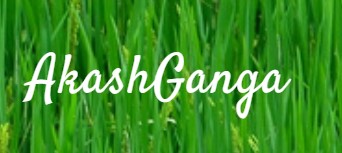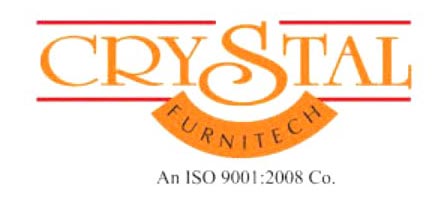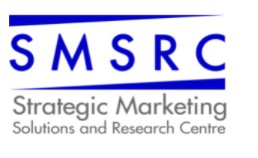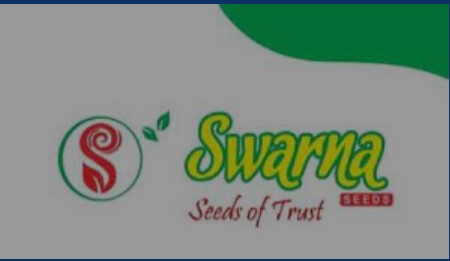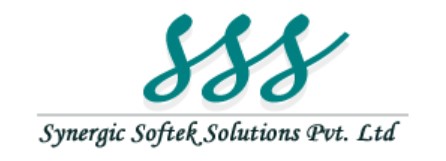1. Overview and Information:
Copyright is a right given by the law to
(i). creators of literary, dramatic, musical and artistic works
(ii). producers of cinematograph films and sound recordings
(iii). to the developers of computer softwares.
Copyright is a bundle of rights including rights of reproduction, communication to the public, adaptation and translation of the work. Copyright ensures certain minimum safeguards of the rights of authors over their creations, thereby protecting and rewarding creativity. The protection provided by copyright to the efforts of writers, artists, designers, dramatists, musicians, architects and producers of sound recordings, cinematograph films and computer software, creates an atmosphere conducive to creativity, which induces them to create more and motivates others to create.
2. Filing and Prosecution:
Acquisition of copyright is automatic and it does not require any formality. Copyright comes into existence as soon as a work is created and no formality is required to be completed for acquiring copyright. However, certificate of registration of copyright and the entries made therein serve as prima facie evidence in a court of law with reference to dispute relating to ownership of copyright. Therefore, it is preferable to get a formal registration of copyright.
If no objection is filed the application is examined by the examiners. If any discrepancy is found the applicant is given ordinarily 45 days time to remove the same. Therefore, it may take around 2 to 3 months time for registration of any work in the normal course.
After the application for copyright is submitted along with all necessary documents and details, a diary number is generated. There is a mandatory waiting period of 30 days so that no objection is filed in the Copyright office against the copyright application. In case any objection is filed, the Registrar of Copyrights after giving an opportunity of hearing to both the parties, may decide to register the work or otherwise.


